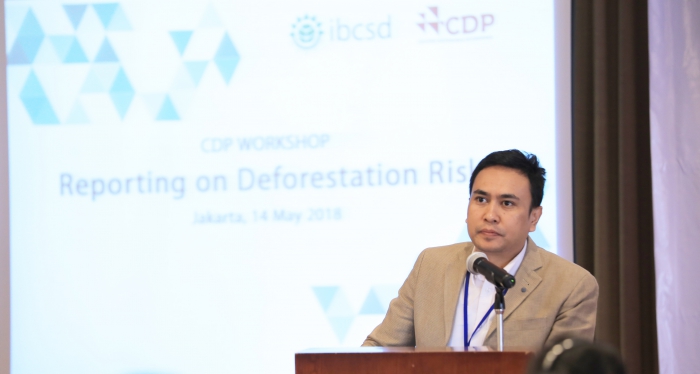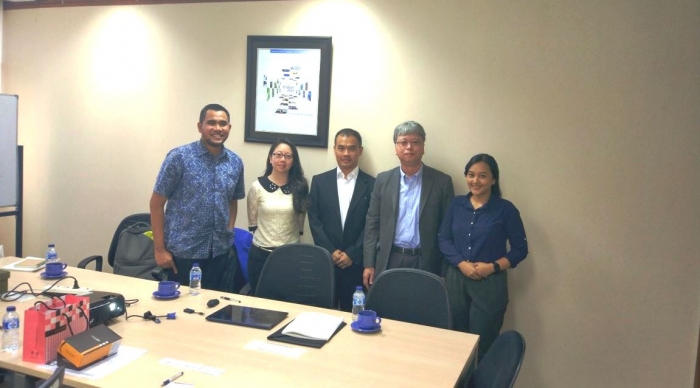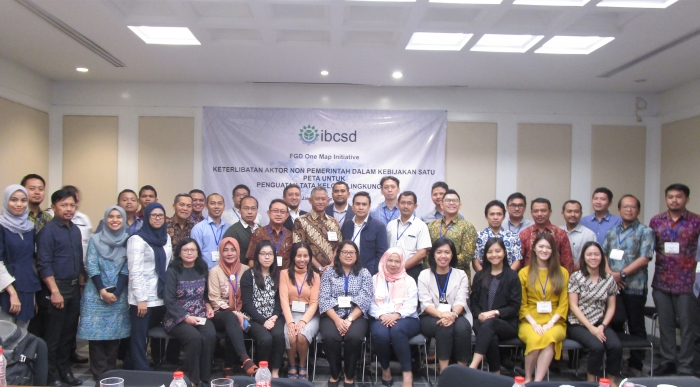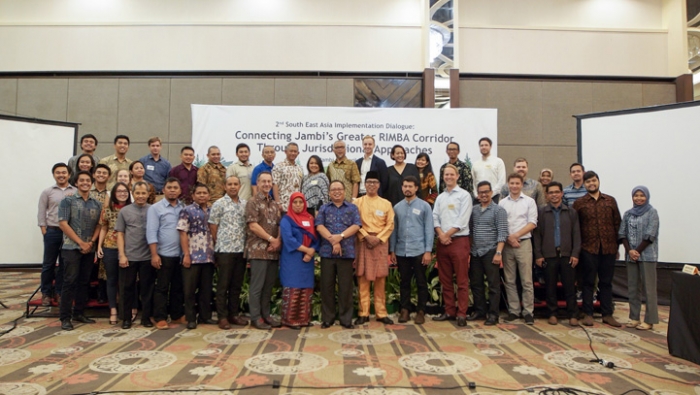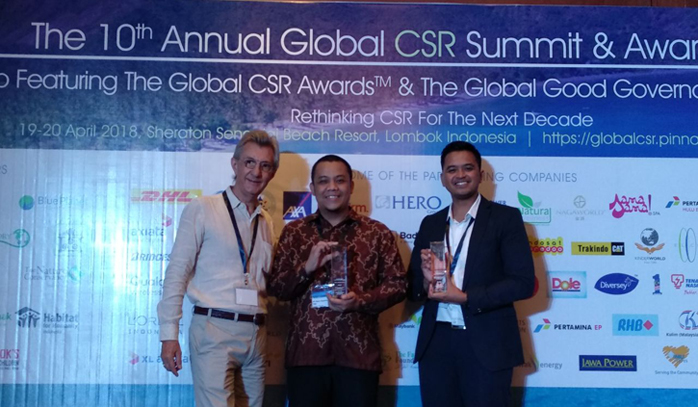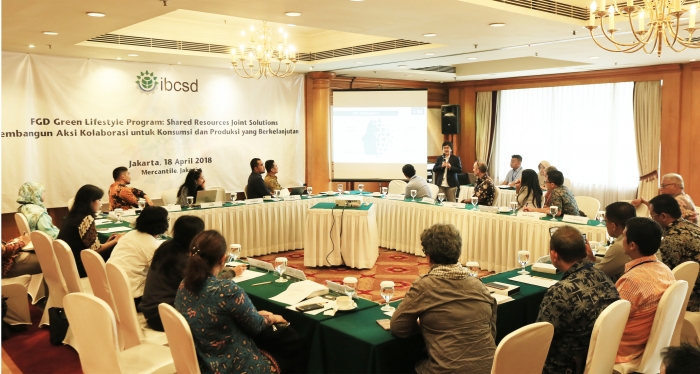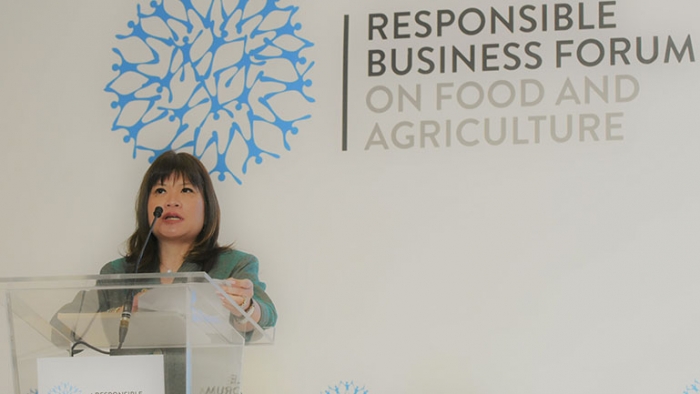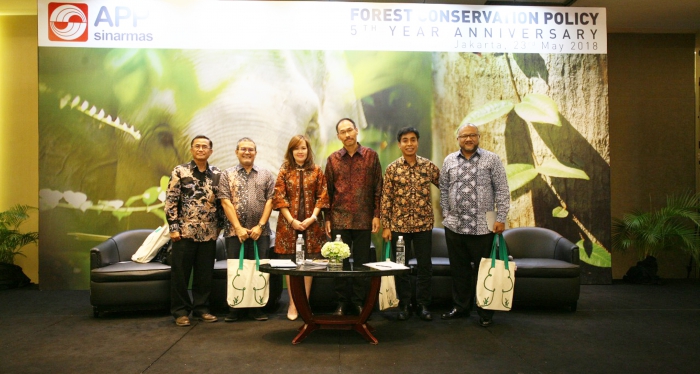
Asia Pulp & Paper Marks 5TH Anniversary of its forest Consevation Policy
– Ending natural forest conversion by its pulpwood suppliers, and transitioning to sourcing 100% plantation fiber for its production.
– Ensuring its supply chain continues to be free from deforestation, robust systems have been implemented and compliances are third party verified.
– 0.01% of area impacted by Forest Fire in 2017 out of the total gross area.
– 0.1% natural forest loss rate in APP’s suppliers protected areas by 3rd party deforestation (Mar 2017 – Jan 2018).
– 46% of social conflicts has been resolved APP has also engaged local communities, working collaboratively to improve livelihoods and to transfer knowledge to the villagers on modern, more sustainable, farming techniques. As a result of these programmes, the incidence of third-party deforestation, as well as forest and land fires have been significantly reduced in 2017.
In the five years since implementing the FCP, APP has invested about USD300 million in forest monitoring systems, landscape restoration, fire prevention and peat land research and community engagement, among others. The company also invested in identifying areas of High Conservation Value and High Carbon Stock, and detailed maps of peat lands, in and around its supplier concessions. This information has been vital in helping APP identify critical landscapes that need to be preserved and protected.
To review the full 2018 FCP Progress Report, please visit this link:
https://www.asiapulppaper.com/system/files/app_fcp_5th_anniversary_update_-_may_2018.pdf
and you can also find the presentation here:
https://www.asiapulppaper.com/system/files/180520_app_5fcp_presentation_deck.pdf
